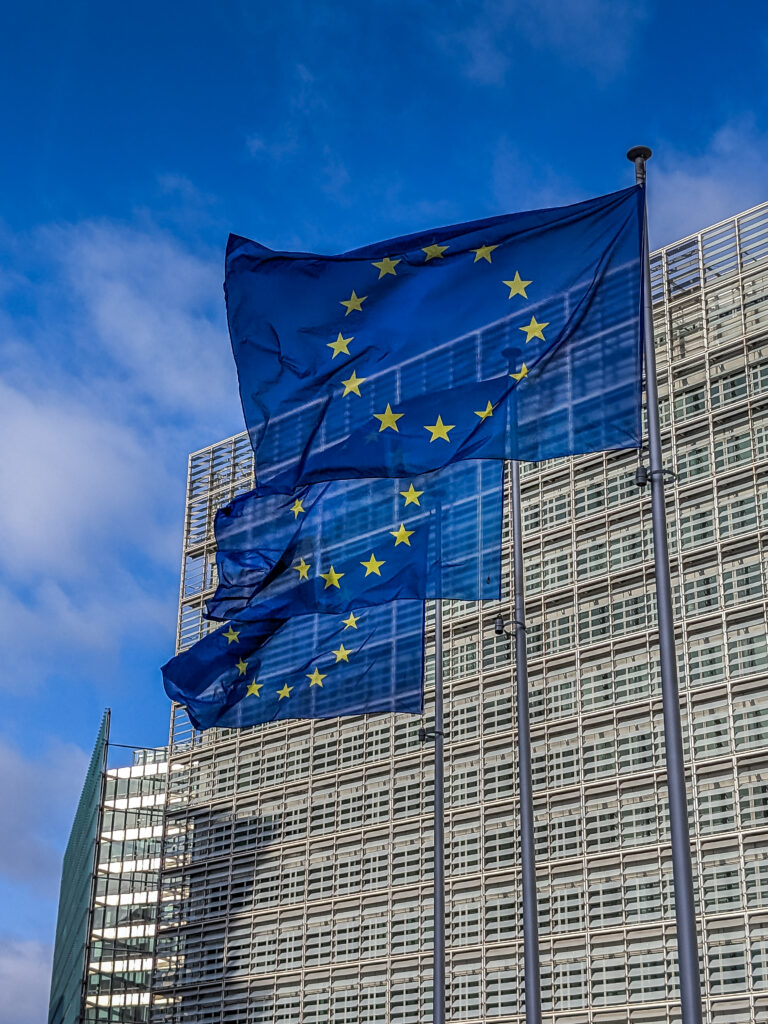By Lisa A. Rickard, President, U.S. Chamber Institute for Legal Reform
A new study by the U.S. Chamber Institute for Legal Reform (ILR) has found that collective actions—a legal mechanism that pools claimants to litigate for injunctive relief and/or compensation—is a growing business in Europe. ILR’s study, which analyzes collective redress developments in ten EU Member States, shows that claimants are using a surprising number of recently introduced collective redress systems, with the value and volume of claims being filed on the rise.
This new trend, if left unchecked, risks damaging the European business environment. As we have seen in the United States, collective litigation tends to spur often meritless claims and to laregely benefit claimants’ lawyers, all at the cost of broader economic growth, innovation and jobs.
ILR’s study aims to contribute to an ongoing review by the European Commission of its 2013 Recommendation on collective redress. The Recommendation required that the European Commission assess how Member States are implementing its Recommendation by 2017 and possibly propose new EU legislation in this area.
ILR’s study shows that collective redress mechansisms exist in the majority of EU Member States. Furthermore, there seems to be a concerted effort by these countries to make it easier to sue in civil courts—to address a perceived ‘access to justice deficit’.
Member States have been accelerating the introduction of policies to facilitate lawsuits and reduce or eliminate traditional litigation safeguards. However, ILR’s study finds that Member States have failed to implement or maintain important safeguards for collective redress, despite being called for by the EU Recommendation.
The ongoing erosion of litigation safeguards in Europe is a worrisome development that, if not forcefully addressed, will lead to the same abuses that plague the U.S. class action system.
ILR’s study points to early indicators of these problems. A sure sign of these trends is the growing number of publicized multi-billion euro claims, including the pending 14 billion pounds claim against MasterCard in London—brought by a U.S. law firm with financing from a U.S. funder.
The arrival of U.S. class action firms in Europe and the sudden emergence of large and unregulated third party litigation funders are other signs of problems to come.
U.S. and British third party litigation funders, which are specialized private equity firms and hedge funds, are increasingly betting on European collective redress lawsuits, treating them as commodity investments by pooling money from investors for lawyer and court fees, and then profiting from the return when the case is settled. They are looking to expand their market. Just take litigation funder Burford Capital, which invested €30 million in U.S. law firm Hausfeld LLP to open an office in Berlin focused on competition law cases.
Finally, the study shows more generally that traditional European safeguards, like the loser pays rule, are eroding. The loser pays rule requires that the losing party should pay its opponent’s legal costs. This has long been seen as a key safeguard against abuse, discouraging meritless lawsuits. But, ILR’s survey shows that the loser pays rule is weakening significantly and, in practice, is mostly applied against corporate defendants.
Even more troubling, the ILR study shows that Member States are increasingly experimenting with “opt-out” mechanisms, which is one of the core features of the U.S. class action system. This increases the chance that claims will be inspired mainly by lawyers and funders packing as many claimants into a lawsuit as possible in order to increase their own profits.
So the advice I relay to the EU is simple: look closely at how collective redress is developing and beware of its potential to expand and negatively impact the EU economy, as class actions have done in the U.S. Then, with full knowledge of the danger signals and a good deal of common sense, put in place the necessary safeguards that will protect European consumers and foster economic growth.
Today in the U.S., we are taking steps to repair a class action system that has allowed trial lawyers to wreak havoc on U.S. businesses without delivering justice to actual victims. The EU doesn’t have to allow this erosion to go as far as we did; now is the time to see the signs and stop the coming wave of abusive mass litigation.


